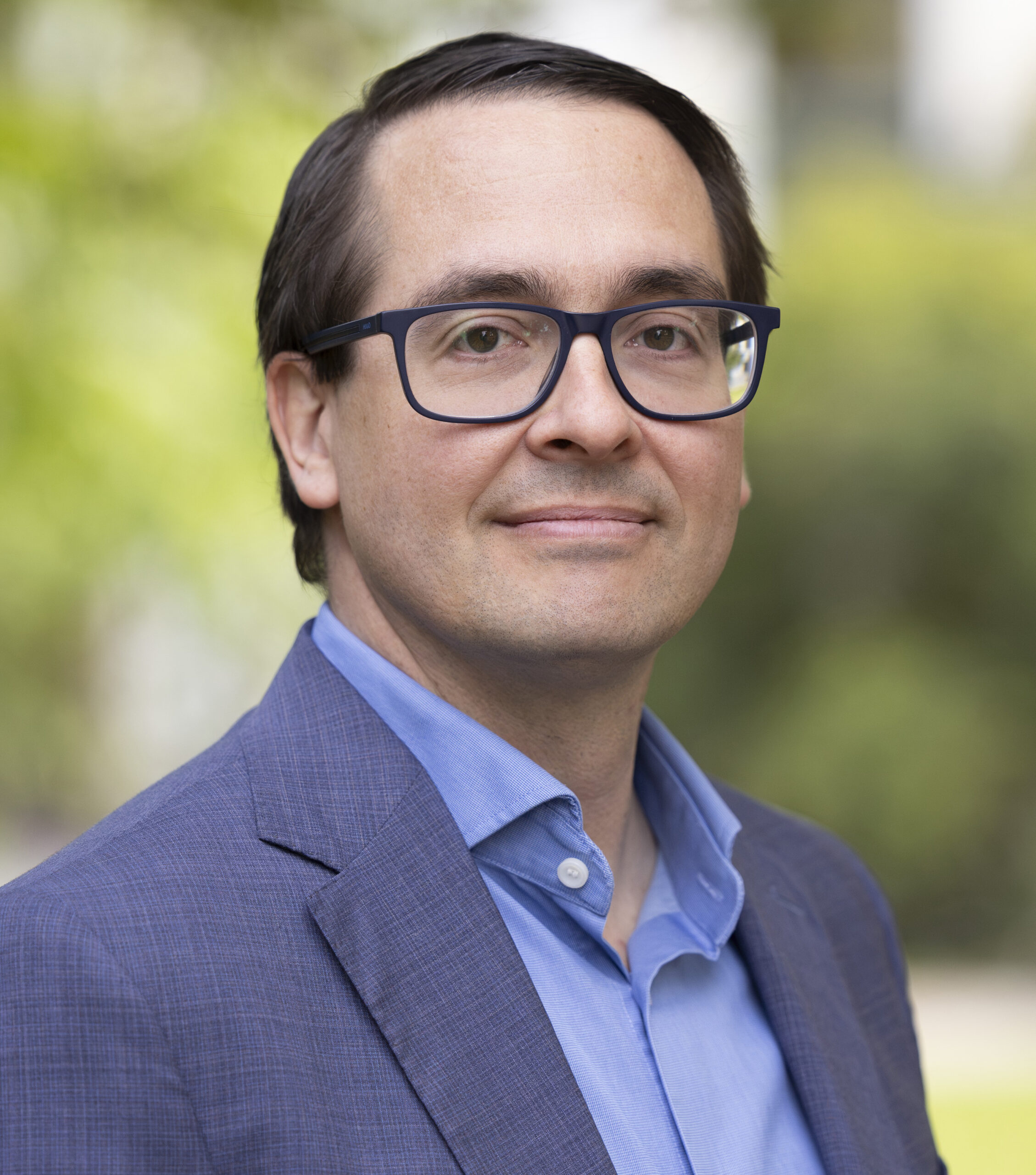
Daniel Globisch
Daniel Globisch is a Professor of Analytical Chemistry and started his research group in 2015 at Uppsala University in Sweden as a SciLifeLab Fellow. He was appointed as a Full Professor in 2023 and since 2024 he is leading the Programme of Analytical Chemistry at the Department of Chemistry – BMC. In his early career, he was appointed as an Associate Professor in April 2017 and received tenure in December 2020. Since the summer of 2025, he has been appointed as the Scientific Platform Director for Metabolomics in collaboration with the ADMEoT unit at SciLifeLab Drug Discovery and Development (DDD) platform. Daniel has also been affiliated with the Center for Translational Microbiome Research (CTMR) at Karolinska Institute since 2020. Daniel served as a member of the board of the Nordic Metabolomics Society from 2019-2023. His PhD degree was awarded from the Ludwig-Maximilians-University Munich (Germany) in 2011. For his 4.5 years of postdoctoral studies, he joined The Scripps Research Institute, La Jolla, CA (USA), where Dr. Globisch discovered the urinary biomarker N-acetyltyramine-O-glucuronide (NATOG) for the neglected tropical disease onchocerciasis. His laboratory’s research focus lies on the development of new Chemical Biology tools to enhance the scope of metabolomics research, shaping the research field of chemical metabolomics. His interdisciplinary research projects integrate global metabolomics, bioorganic chemistry as well as Chemical Biology methodologies. These tools include a series of chemoselective probes immobilized to magnetic beads, enzymatic pretreatment and advanced metabolomics investigations of diverse sample types and diseases. Using these cutting-edge chemical techniques at the interface of chemistry and biology to investigate metabolites, his laboratory explores the potential of microbiota metabolism as a new strategy for the discovery of unknown biomarkers for neurological and hepatodigestive diseases and cancer as well as unknown bioactive metabolites produced by the gut microbes. Daniel has received funding from diverse Swedish and international funding agencies and his laboratory is part of the EU-funded multidisciplinary consortium projects MetaboAD, PANCAID and RE-MEND.